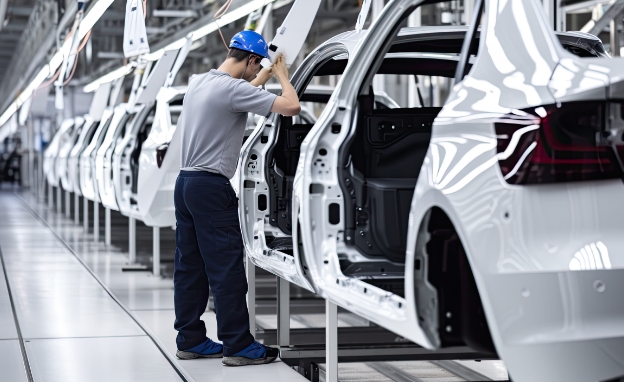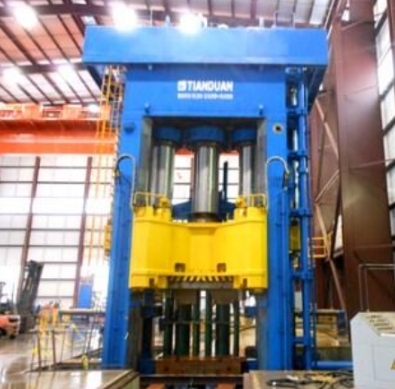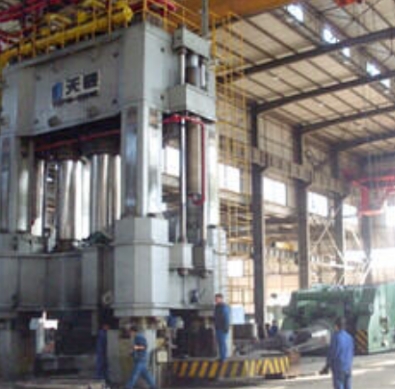Edit Content
- North America/ Europe:
- +1-647-674-2658
- Asia/India:
- +91-98100-92328
- North America Sales:
- Canada: 2557 Dougall Avenue Suite 6, Windsor, Ontario, N8X 1T5, Canada
- Asia Sales:
- India: 17, GF, Ozone Centre, Sector 12, Faridabad, 121007, Haryana, India
- Presses
- ALUMINIUM WHEEL FORGING HYDRAULIC PRESS LINES
- CLOSE DIE FORGING
- DISH END HYDRAULIC
- ELEVATING THE FUTURE OF SHELL FORGING AND HYDRAULIC PRESS SOLUTIONS
- Grinding wheel production
- HIGH SPEED STAMPING HYDRAULIC PRESSES
- Hot forming Hydraulic press
- ISOTHERMAL FORGING HYDRAULIC PRESSES
- LEADERS IN SHAFT STRAIGHTENING PRESSES SINCE 1973
- Nuclear CV Head Plate Forming Hydraulic Press
- OPEN DIE FORGINGHYDRAULIC PRESSES
- PIONEERING AUTOMATIC TRACKLESS DIE CARTS FOR HEAVY MOLD TRANSFER
- PRODDUCTION HYDRAULIC
- REFRACTORY POWER COMPACTING HYDRAULIC PRESSES
- RUBBER PAD FORMING HYDRAULIC PRESSES
- SHEET HYDROFORMINGHYDRAULIC PRESS LINE
- SMC COMPRESSION MOULDING HYDRAULIC PRESSES
- TIANDUAN DIE SPOTTING AND TRY-OUT HYDRAULIC PRESSES
- ZIRCONIUM COMPACTION HYDRAULIC PRESSES FOR GREEN NUCLEAR ENERGY INDUSTRY
- ALUMINIUM WHEEL FORGING HYDRAULIC PRESS LINES
- CLOSE DIE FORGING
- DISH END HYDRAULIC
- ELEVATING THE FUTURE OF SHELL FORGING AND HYDRAULIC PRESS SOLUTIONS
- Grinding wheel production
- HIGH SPEED STAMPING HYDRAULIC PRESSES
- Hot forming Hydraulic press
- ISOTHERMAL FORGING HYDRAULIC PRESSES
- LEADERS IN SHAFT STRAIGHTENING PRESSES SINCE 1973
- Nuclear CV Head Plate Forming Hydraulic Press
- OPEN DIE FORGING HYDRAULIC PRESSES
- PIONEERING AUTOMATIC TRACKLESS DIE CARTS FOR HEAVY MOLD TRANSFER
- PRODDUCTION HYDRAULIC
- REFRACTORY POWER COMPACTING HYDRAULIC PRESSES
- RUBBER PAD FORMINGHYDRAULIC PRESSES
- SHEET HYDROFORMINGHYDRAULIC PRESS LINE
- SMC COMPRESSION MOULDING HYDRAULIC PRESSES
- TIANDUAN DIE SPOTTING AND TRY-OUT HYDRAULIC PRESSES
- ZIRCONIUM COMPACTION HYDRAULIC PRESSES FOR GREEN NUCLEAR ENERGY INDUSTRY
- Automation
- Parts & Services
- About us
- Resources
- Contact Us
- Home
- PRESSES
- ALUMINIUM WHEEL FORGING HYDRAULIC PRESS LINES
- CLOSE DIE FORGING
- DISH END HYDRAULIC
- ELEVATING THE FUTURE OF SHELL FORGING AND HYDRAULIC PRESS SOLUTIONS
- Grinding wheel production
- HIGH SPEED STAMPING HYDRAULIC PRESSES
- Hot forming Hydraulic press
- ISOTHERMAL FORGING HYDRAULIC PRESSES
- LEADERS IN SHAFT STRAIGHTENING PRESSES SINCE 1973
- Nuclear CV Head Plate Forming Hydraulic Press
- OPEN DIE FORGINGHYDRAULIC PRESSES
- PIONEERING AUTOMATIC TRACKLESS DIE CARTS FOR HEAVY MOLD TRANSFER
- PRODDUCTION HYDRAULIC
- REFRACTORY POWER COMPACTING HYDRAULIC PRESSES
- RUBBER PAD FORMING HYDRAULIC PRESSES
- SHEET HYDROFORMINGHYDRAULIC PRESS LINE
- SMC COMPRESSION MOULDING HYDRAULIC PRESSES
- TIANDUAN DIE SPOTTING AND TRY-OUT HYDRAULIC PRESSES
- ZIRCONIUM COMPACTION HYDRAULIC PRESSES FOR GREEN NUCLEAR ENERGY INDUSTRY
- AUTOMATION
- PARTS & SERVICES
- About us
- RESOURCES
- Contact Us














